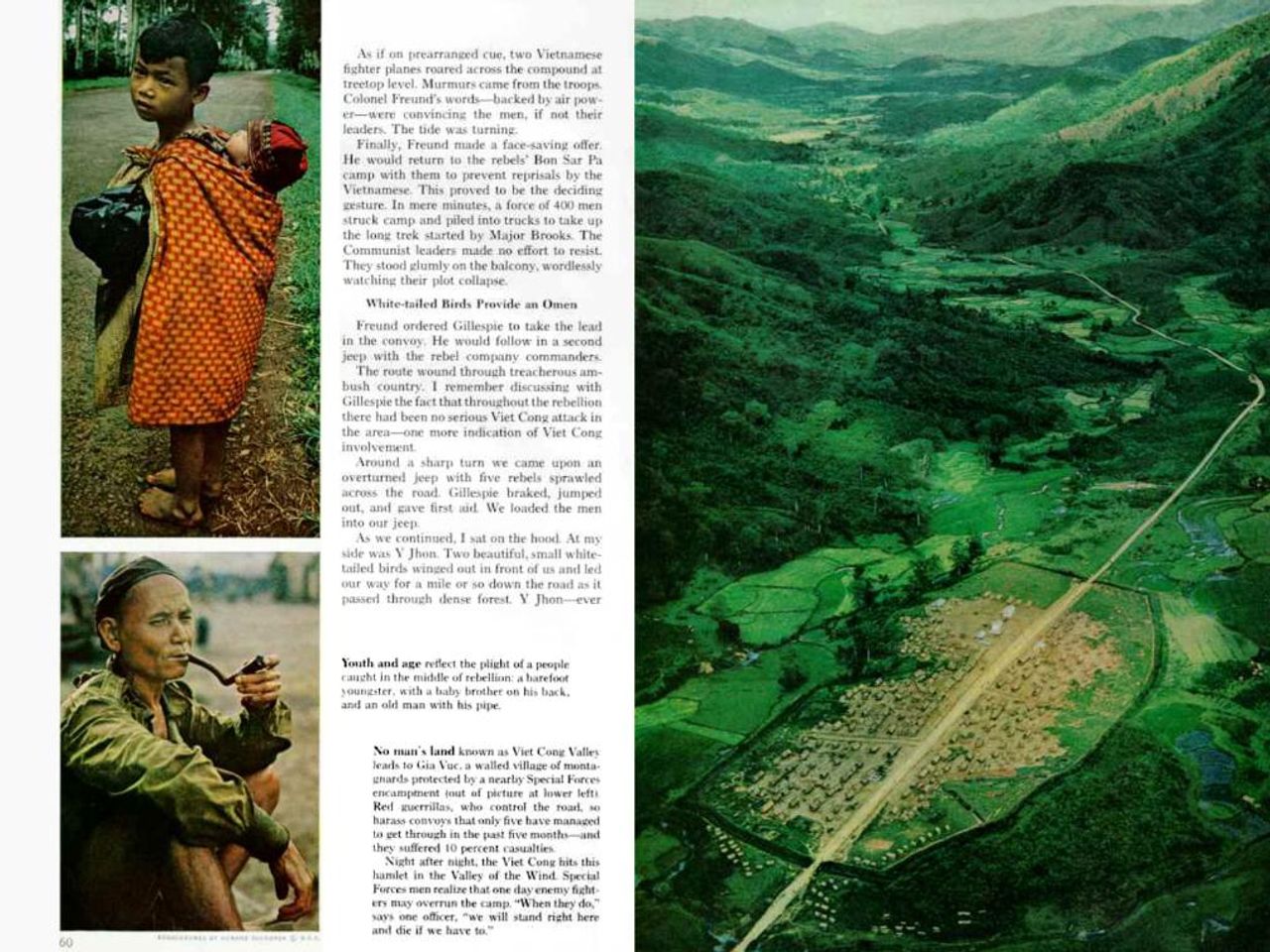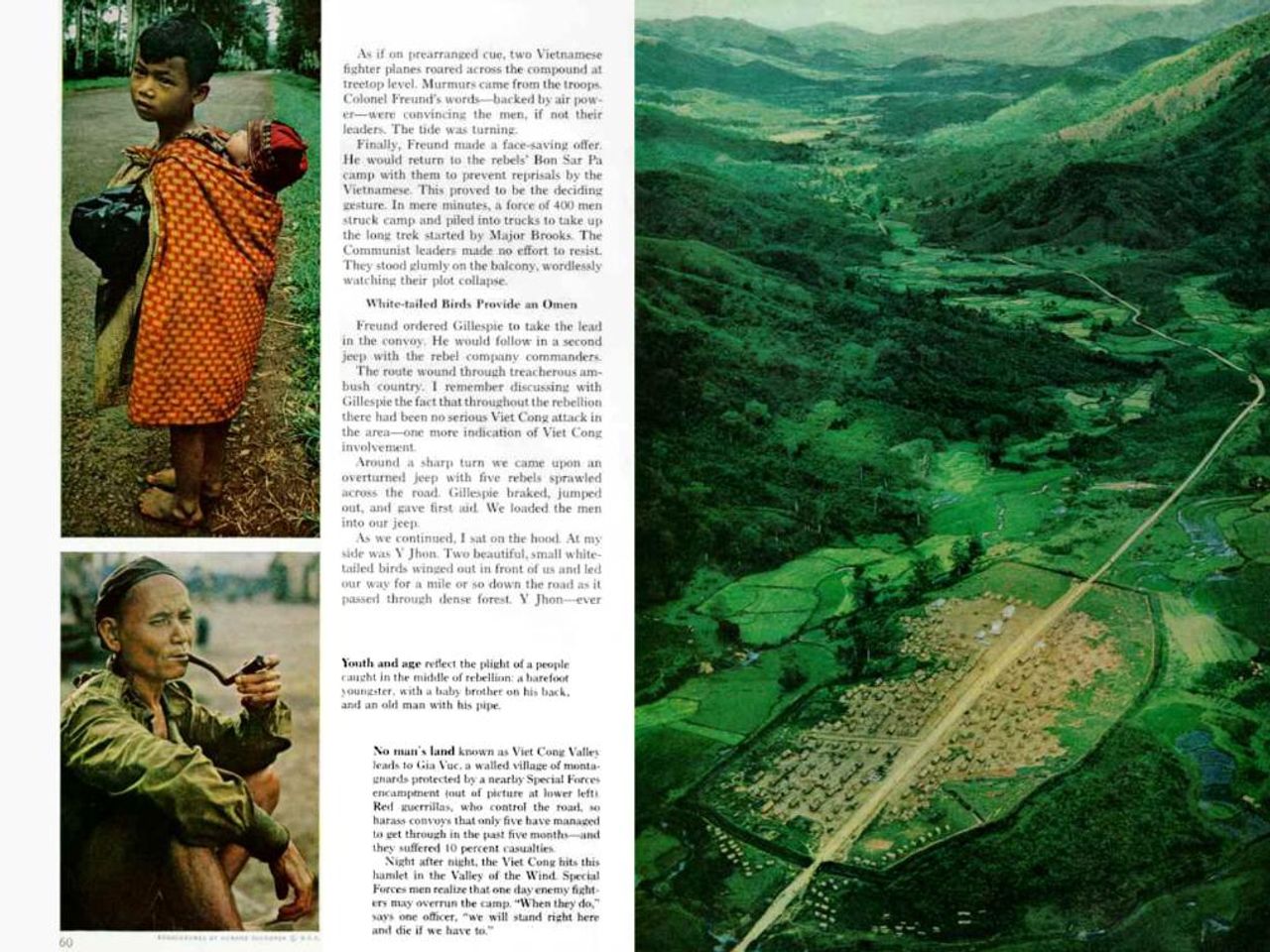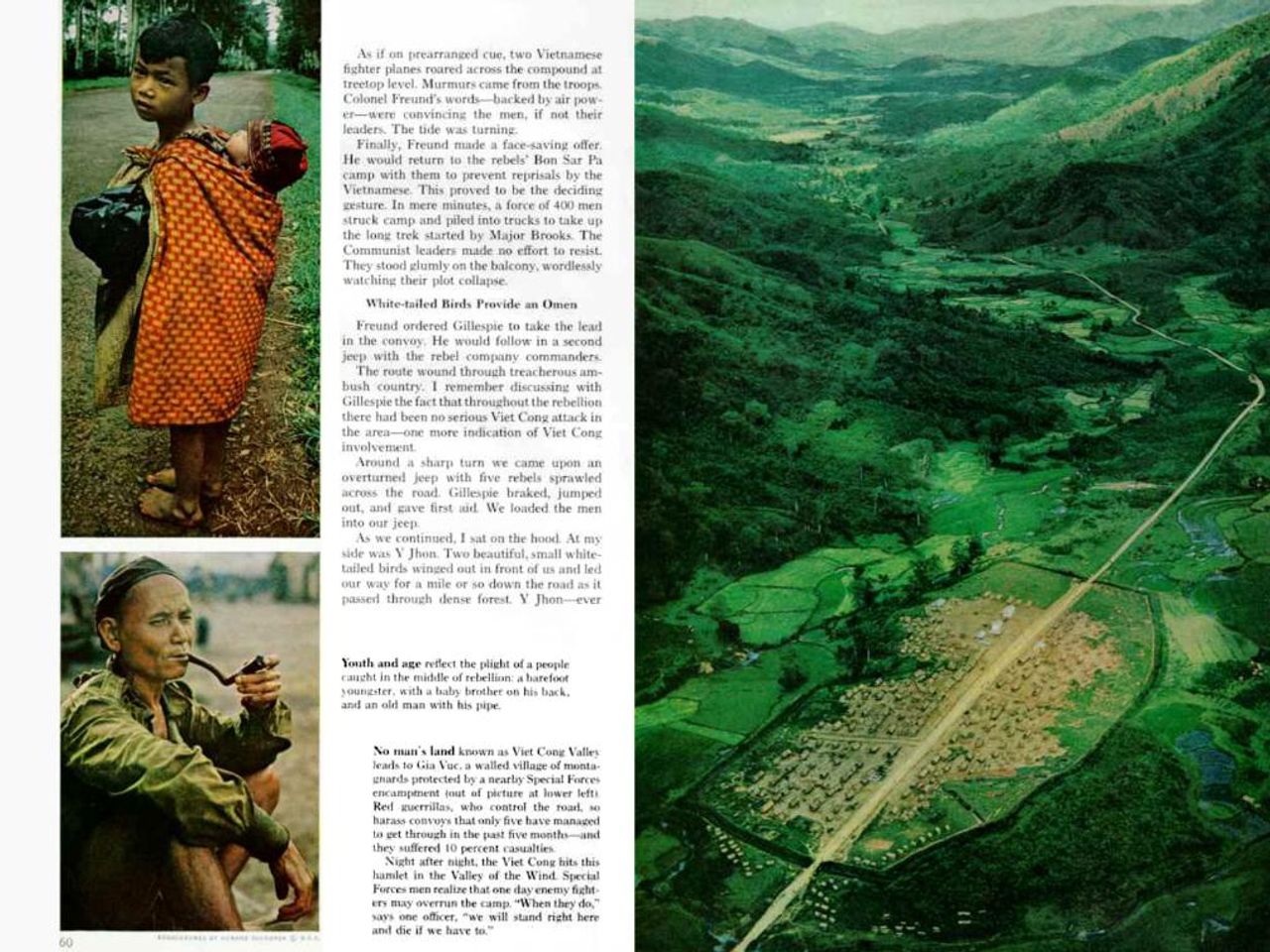A Fresh Wave of Dutch Parliamentary Elections on October 29: What's at Stake?
Netherlands elects fresh Parliament on October 29th
Jump straight into the action: Facebook | Twitter | Whatsapp | Email | Print | Copy Link
In just a few months, the Netherlands will enter a new political era. The Dutch government disintegrated over disputes on asylum policy, paving the way for fresh parliamentary elections on October 29 [1]. Acting Interior Minister Judith Uitermark confirmed the much-anticipated announcement after a bustling cabinet meeting in The Hague.
The splits started when right-wing populist Geert Wilders decided to decamp from the four-party coalition over a tougher stance on asylum seekers. His radical-right Party for Freedom (PVV) was the backbone of the governing alliance. Consequentially, ministers and state secretaries of his party stepped down as well, leading to the current state of affairs [1]. King Willem-Alexander then called upon the non-partisan acting Prime Minister Dick Schoof to carry out his duties temporarily until a new coalition can set up shop after the elections [2].
Planning a new vote so soon wasn't feasible, according to the Interior Ministry. This is due to essential steps like candidate nominations, citizen registrations, and the end-of-year season [2]. As is tradition, polling day will transpire on a Wednesday.
This tumultuous election could precipitate fresh political landscapes in the Netherlands. The political arena is marked by divisiveness, with coalition formation oftentimes proving cumbersome and coalition repercussions proving arduous.
Undeterred by the collapse of his former coalition, Wilders has reaffirmed his aspirations of reclaiming the top spot with his party, steering toward the role of Prime Minister [3]. However, his erstwhile partners haven't unveiled their intentions as yet.
The outcome of the Netherlands' parliamentary elections in October 2025 will profoundly affect the nation's political orientation, particularly in matters related to immigration and coalition construction. On the radar of Europe and beyond, the election represents a blink into the crystal ball, offering insights into broader political trends and the pulse of the continent's electorate.
Helpful Hints:- Overview: The Netherlands is gearing up for parliamentary elections on October 29, 2025, triggered by the collapse of the current government due to disagreements over asylum policy, specifically the speed of policy implementation [1].- Major Players: The election spotlight shines brightly on the Freedom Party (PVV) spearheaded by Geert Wilders, the Left/Green group, and the VVD Party [2].- Election Outcomes: The election's aftermath could lead to complex coalition dynamics, an increased focus on immigration controls, and a reflection of broader European political currents [3].- Election Timeline: The elections were propelled forward due to deadlines for candidate nominations, citizen registrations, and accounting for summer and autumn holidays [2].
[1] https://www.reuters.com/world/europe/dutch-expelle-caretaker-cabinet-after-coalition-collapse-2022-09-28/
[2] https://www.dw.com/en/dutch-parliament-to-hold-snap-election-on-october-29/a-61099563
[3] https://www.politico.eu/article/dutch-election-2022-frans-timmermans-geert-wilders-angelique-nederland-parliament-vvd/
The upcoming Dutch elections on October 29, 2025, are significant as they will decide the nation's community policy, particularly focusing on asylum issues, following the collapse of the previous government [1]. This election is crucial not only for the Netherlands but also for Europe and beyond, as it will provide insights into the continent's political trends, including vocational training policies, which have been a topic of debate in recent politics [2]. Interestingly, Geert Wilders, leader of the Freedom Party (PVV), is aiming to reclaim the Prime Minister role and is vocal about his party's stance on these matters [3]. The election's outcome will significantly affect the Netherlands' political landscape, coalition construction, and overall policy-and-legislation [3].
Policy-and-legislation discussions surrounding immigration, vocational training, and general news topics will be extensively covered during the election period. The election's aftermath could lead to complex coalition dynamics, with the Freedom Party, Left/Green group, and VVD Party being major players [2]. The focus on these issues reflects broader European political currents, making the Dutch elections a crucial event to watch in the arena of politics.






